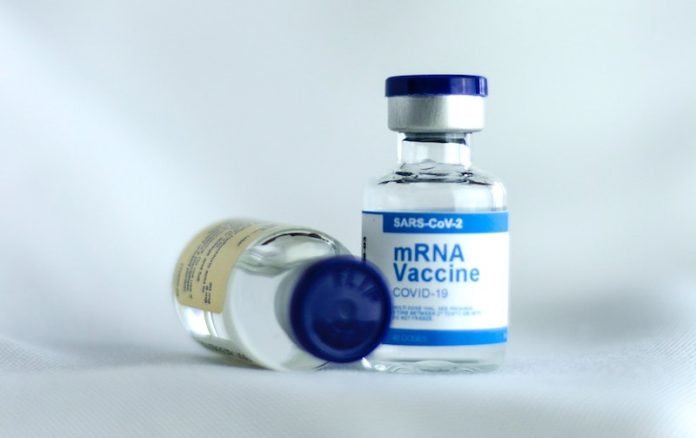
Scientists from the University of Leeds found that vaccination after infection with SARS-CoV-2, the virus responsible for COVID-19, is linked to a decrease in the likelihood of long COVID symptoms.
They suggest that vaccination may contribute to a reduction in the population health burden of long COVID, at least in the first few months after vaccination.
The research is published in BMJ and was conducted by Manoj Sivan et al.
Vaccines against COVID-19 are effective at reducing rates of coronavirus infection, transmission, hospital admission, and death.
Evidence also suggests that long COVID is reduced in those who are infected after vaccination, but the effectiveness of vaccination on pre-existing long COVID is less clear.
The latest survey by the U.K.’s Office for National Statistics (ONS) shows that 44% of people who report long COVID have had symptoms for at least one year, two-thirds of whom report symptoms severe enough to limit their day-to-day activities.
In the study, the team used ONS data in 28,356 adults aged 18–69 years who received at least one COVID-19 vaccine dose after testing positive for SARS-CoV-2 infection.
They then tracked the presence of long COVID symptoms over a seven-month follow-up period (February to September 2021).
Long COVID symptoms of any severity were reported by 6,729 participants (24%) at least once during follow-up.
Before vaccination, the odds of experiencing long COVID changed little over time.
A first vaccine dose was linked to an initial 13% decrease in the odds of long COVID, but it is unclear from the data whether this improvement was sustained over the following 12 weeks until a second vaccine dose was given.
Receiving a second vaccine dose was associated with a further 9% decrease in the odds of long COVID, and this improvement was sustained at least over an average follow-up of nine weeks.
Similar results were also found when the focus was on long COVID severe enough to result in limitation of day-to-day activities.
The results were consistent after taking into account sociodemographic characteristics, health-related factors, vaccine type, or duration from infection to vaccination, suggesting that they withstand scrutiny.
The study suggests that vaccination of people previously infected may be associated with a reduction in the burden of long COVID on population health, at least in the first few months after vaccination.
The researchers call for further research into the long-term relationship between vaccination and long COVID.
If you care about COVID, please read studies about a new risk factor for severe COVID-19, and these common anti-inflammatory drugs could help cut COVID-19 deaths.
For more information about COVID, please see recent studies that vitamin D can be cheap treatments for COVID-19, and results showing this heart problem linked to 5 times higher death risk in COVID-19.
Copyright © 2022 Knowridge Science Report. All rights reserved.



